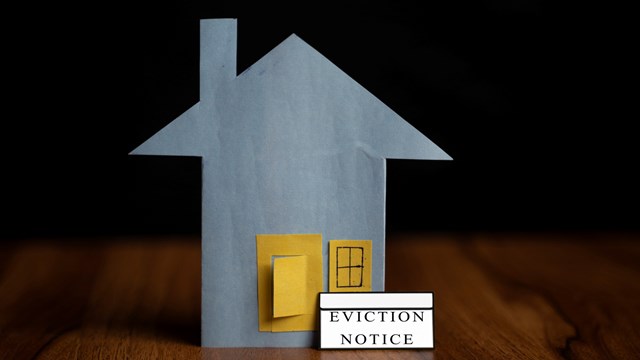—Behind in Back Bay
“By Massachusetts statute, a condominium association has an automatic lien against the unit of a nonpaying unit owner for each unpaid and properly adopted assessment. A lien is an interest in real property, in this case, your condominium unit. Like a bank that makes a mortgage loan, a condominium association can sell a unit if the owner does not comply with payment obligations. The sale proceeds are used to pay all lien creditors in order of their priority under the law, with any surplus going to the unit owner.
“The priority afforded to a condominium association’s lien as compared to other liens that may exist on your unit, and the procedure required to foreclose a condominium association’s lien, are governed by statute. A condominium association’s lien has priority over all other liens except for liens recorded prior to the master deed, a first mortgage recorded before the delinquent assessment, and liens for real estate taxes and other municipal assessments or charges. A condominium association’s lien has priority over a first mortgage to the extent of six months of common assessments as well as costs incurred enforcing the lien, including litigation and foreclosure sale costs.
“In order for a condominium association to foreclose its lien on a unit, and preserve its priority over the first mortgage, it must comply with certain notice provisions described in the statute. One of these notices is referred to as the sixty day notice. By statute, in order to foreclose its lien, at some point after a unit owner is sixty days behind on paying assessments, i.e., two monthly payments have been missed, the condominium association must give notice to both the first mortgagee and to the unit owner. A unit owner can expect that once this occurs, his or her mortgage lender will be getting in touch. Many mortgage lenders in fact will pay the condominium association the amount that a unit owner owes that is protected by the condominium association’s limited first priority lien, and seek to collect that from their borrower, i.e., the unit owner.
“The other notice that must be sent is called a thirty day notice. By statute, at least thirty days before filing suit to enforce the lien, the condominium association must give notice of its intent to file suit to both the first mortgagee and to the unit owner. Once the condominium association gives these two notices, it is free to commence its lien enforcement action in the appropriate court. If the court determines the unit owner to be liable, it will issue an order to sell. This allows the condominium association to sell a unit in order to recover the debt owed by the unit owner.
“Although boards are generally composed of reasonable people that may want to give a unit owner in unfortunate circumstances a break, the board must act in the best interests of the entire organization of unit owners. One factor that boards often take into account is that if a unit owner slips behind more than six months, the condominium association may well lose its priority position over a first mortgage. Further, delinquencies may negatively impact the ability of other unit owners in a condominium to refinance or sell their units, as the secondary mortgage market looks negatively at too high a delinquency rate.”





Leave a Comment